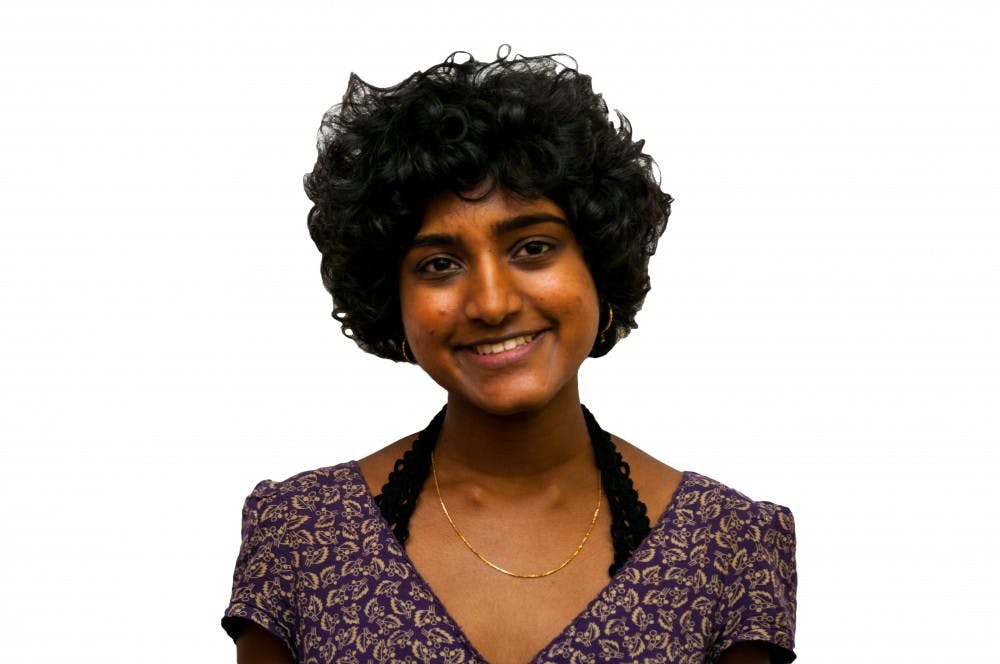It’s nearly the end of November, which means I’ve got about a month to finish 4,975 books to meet my goal in Goodreads’ 2017 Reading Challenge. The goal was 5,000 — intentionally unattainable.
In past years, I’d set the goal somewhere around 50 to 54 — that is, a book for every week in the year, adjusted slightly higher or lower depending on my New Year’s Day mood. I doubt I’d ever have thought of this number had I not overheard this very brief exchange in my freshman year of high school, between two juniors: “It’s so much harder to find time to read this year.” “I know. I’ve been trying for a book a week, you know? I think that’s the least I can do.”
“A book a week” really did seem to me, at the time, like the least one could do, since I was fresh out of middle school. But then, the following year, I set a book-a-week goal and failed utterly to meet it. I was miserable. The trouble wasn’t that I’d fallen short of a goal (for better or worse, I take that in stride); the trouble was that, at 14, the idea of being “well-read” was central to my conception not just of intelligence, but of goodness, of worth. I wanted to be well-read, but I also wanted (in a wholly cringeworthy way) to associate only with those who were themselves well-read.
Unfortunately, this attitude — especially now — is present across a number of age groups; it’s not just restricted to teenagers who aren’t sure how to pick their friends. The current political climate (described by many as “anti-intellectual”), in combination with the advent of technologies that serve to fill time that could be spent reading (video games, on-demand television) as well as those that simply redefine the word “book” (e-readers, audiobooks) have created the perfect conditions for self-described “intellectuals” everywhere to embrace the book, and the act of reading it, as a form of “resistance.”
The book has become the symbol of the well-educated, liberal-minded adult that we (supposedly) all aspire to be, post-degree. Reading needn’t be our primary hobby, but in order for us to be admitted into this club, it must be one. But paradoxically, this glorification of reading, this keeping score, makes it less of what it should be: organic and fun. It’s odd that a reader is “better” than a non-reader; it’s odder that a reader of more books is “better” than a reader of fewer books. Let’s not count the books we read; let’s read as much as we want to.
In placing books on pedestals, book-lovers (and I implicate myself) intentionally posit themselves as “better” than book-haters, or even those indifferent to the existence of books. This attitude is evident in the strong reactions to Kanye West’s 2009 proclamation that he was a “proud non-reader of books.” Earlier in the same statement, West remarked that some novels were “wordy” and “self-absorbed” — as were many of the responses. It’s evident, too, from a recently circulated Facebook post depicting a father who told his sons that, while he would “not always buy [them] video games,” he would “always buy [them] books.”
Hearing people complain that “not enough people read” takes the fun out of reading. It’s elitist and it misses the point of reading. I read (and continue to read) a great deal of less-than-intellectual “literature” in pursuit of my “reading goals.” I don’t think my reading of all 18 books in the "Star Wars: Jedi Apprentice" series contributed at all to my self-development, but it was fun. The net effect on me was no different than that of spending five hours playing SimCity.
When I was younger, I also read quite a lot of "A Series of Unfortunate Events," in which (direct quote) “well-read people are less likely to be evil.” This is a perfectly reasonable sentiment with which to inculcate the books’ intended audience of 11-year-olds, who are still figuring out how to appreciate books as ways to both learn about the world and escape from it. However, those who extol the virtue of being “well-read” to those well past this age don’t have the same goal; they don’t want to help them, they just want to feel better about themselves.
More books aren't better, and reading isn’t necessarily better than not reading — so let’s stop acting like that’s the case. I’ll gladly own the fact that I’ve completed less than 1 percent of my (entirely, and obviously, arbitrary) reading goal for the year. Now that I’ve stopped seeing books as the be-all, end-all of being a worthy person, I love reading all the more; but maybe you don’t, and that’s fine, too.
SHILPA SARAVANAN is a College junior from College Station, Texas, studying linguistics. Her email address is shilpasa@sas.upenn.edu. “Phone Home” usually appears every Thursday.
The Daily Pennsylvanian is an independent, student-run newspaper. Please consider making a donation to support the coverage that shapes the University. Your generosity ensures a future of strong journalism at Penn.
Donate





